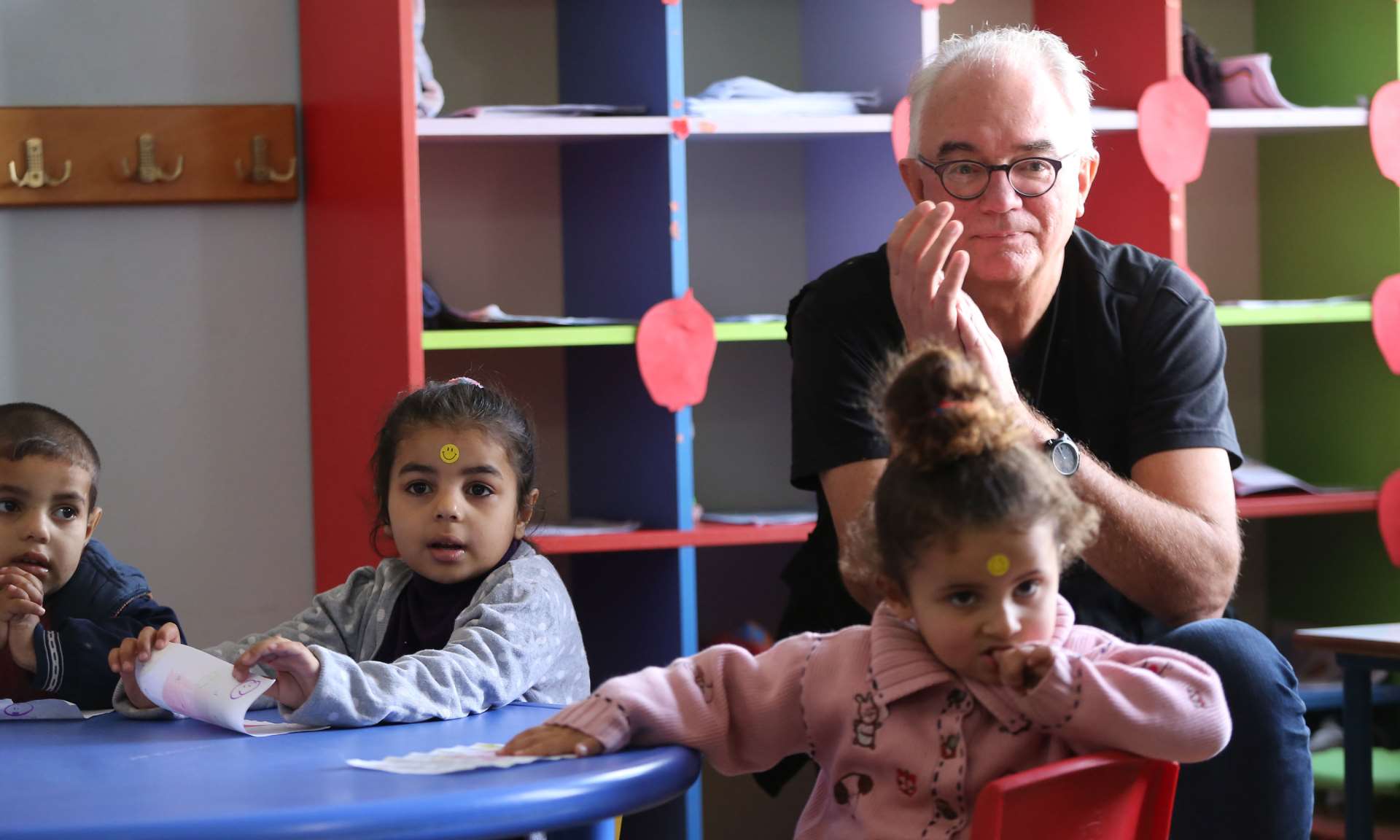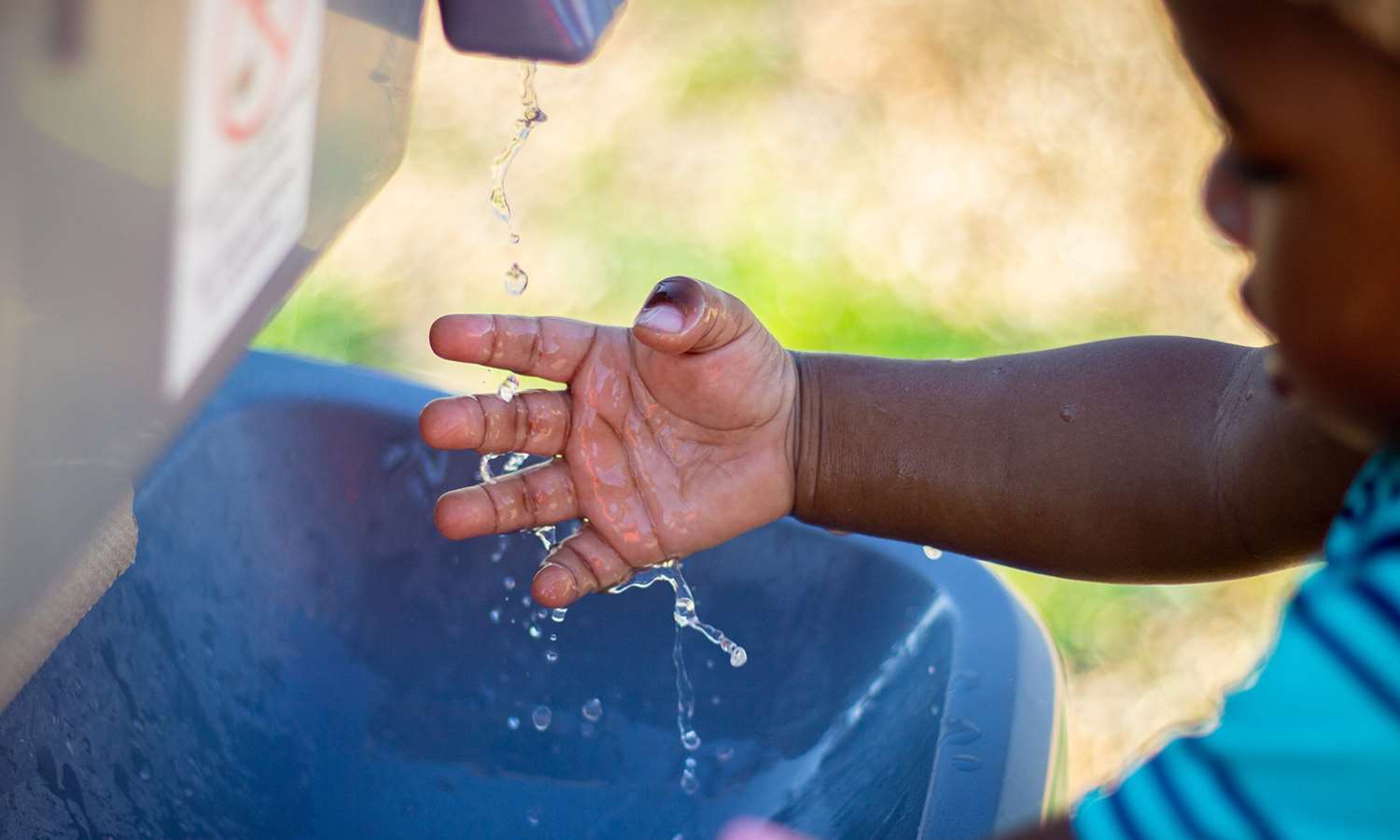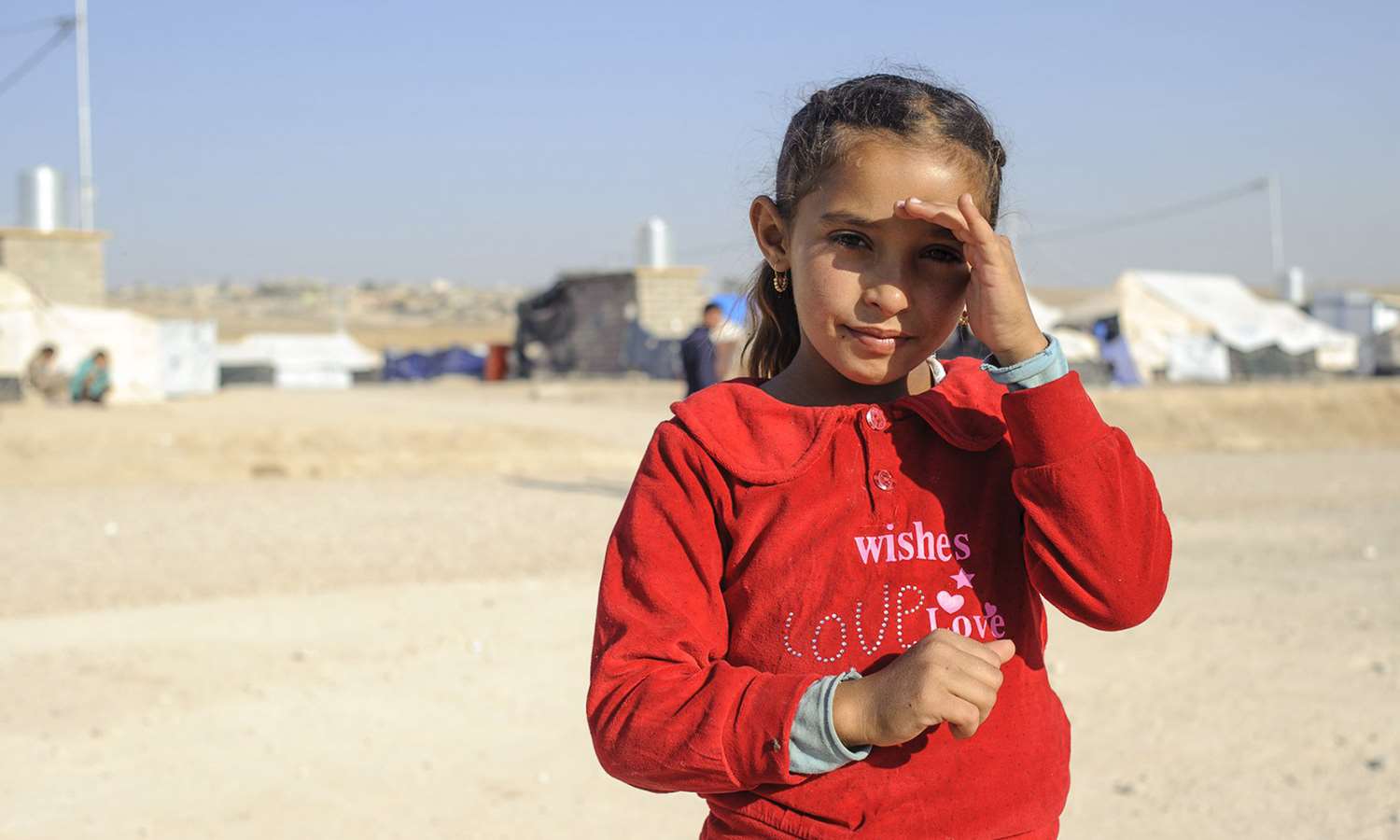Introduction
No child has ever started a war. Yet some 149 million children worldwide continue to live in the midst of armed conflict. In their first years of life, these children have been exposed to the type of violence and brutality that the majority of humankind cannot even begin to comprehend. And even if the violence stops - there is no peace for them. The impact of war goes far beyond physical wounds…
War Child met the urgent needs of 267,754 children and adults over the course of 2019. We delivered vital child protection, education and psychosocial support among vulnerable and underserved communities in a record 17 countries. The year saw us train more local staff who were able to support more children, families and communities than ever before. We were also able to invest a record percentage of our income in strengthening our child protection structures worldwide to help safeguard the fundamental rights of children and youth against trauma and abuse. When scaling up, we must ensure the effectiveness of our work - this is paramount. By the close of 2019, we had succeeded in developing robust evidence-based intervention models to help meet urgent and emerging challenges.
We believe that no child should be part of war. Ever.
War Child in 2019...
Our 2019 Highlights
We met the urgent needs of 267,754 children and adults
We worked with 61 partner organisations to help implement our programmes
We developed two new interventions, piloted four and a further four underwent final evaluation
We saw our income grow by €5.9 million compared to €3.2 million in 2018
We employed 487 national and international staff to meet the needs of children worldwide
We received financial support from 65 institutions and foundations
We enjoyed the support of 87,500 structural donors
Alternative Approach to Emergency Aid Urgently Needed

149 million children worldwide live with the effects of violence and armed conflict. This is the reason War Child exists. Every day, these children face a number of existential threats to their safety and wellbeing. And every day we work to give them a voice and protect them. But what about the hidden scars - the invisible wounds - that ensue?
The coronavirus pandemic has greatly intensified the risks that children living with the consequences of armed conflict are already facing. In the countries where War Child is active, the spread of COVID-19 could trigger the collapse of fragile health care systems. Not just the virus itself, but also the restrictive measures put in place to contain the spread, could have dire repercussions - in densely populated communities where basic needs regularly go unmet, tensions are high and preventative methods, such as social distancing, are simply not an option.
Extraordinary times must be met with an extraordinary response. Through our emergency response War Child is taking every action within our abilities to uphold the social and emotional wellbeing of the children and families who take part in our activities - and shield them against possible infection. We are working with our partners worldwide to rapidly adapt our programmes, lead awareness-raising sessions and develop remote child protection, education and psychosocial support for children and caregivers living with the effects of isolation. Our efforts during this emergency aim to ensure no child is left behind.


Prioritising Psychosocial Support
Latest figures reveal that some 84 million children experience psychological and social problems as a result of violence and armed conflict. Yet for the vast majority of these children there is no available mental health support - resulting in lifelong problems. These psychological problems develop early in a child’s life - and are shaped by a variety of social, economic and physical environments - so the longer it takes us to support their resilience, the more difficult it becomes.
"Traditional emergency aid continues to dominate the international humanitarian agenda. A new approach is urgently needed."
The needs of these children are urgent and growing in scale and complexity - but currently remain underserved. A massive gap exists between available services and these critical needs - a gap that will only further expand as a result of the coronavirus pandemic. We remain in the grip of a global - and growing - mental health crisis.
Traditional emergency aid - a roof over a child’s head, food, drink and a warm blanket - continues to dominate the international humanitarian agenda. The life-saving necessity of such a response goes without question. But we believe that an alternative approach is urgently needed - one that meets life-sustaining needs but also firmly prioritises psychosocial support.
At War Child we refuse to categorise any situation as hopeless. After all, we witness the innate strength and resilience of children every day. Our own research shows that - with the right support and concurrent efforts to uphold access to education and reinforce child protection structures - most children will be able to cope with the adversities they experience. But we need to act now - with unprecedented speed and agility - to turn the tide.
Our Progress in 2019
War Child works exclusively to improve the wellbeing of children living with violence and armed conflict. We act in partnership with children and their communities to deliver relevant and effective interventions - and confront the global mental health crisis head-on. And we’re taking our work to scale - at an accelerated pace - to ensure that no child is left behind.
2019 was a milestone year for us.
We succeeded in bringing the topic of acting early with psychosocial support in emergency settings to the international agenda. With our petition #DrawTheLine we raised awareness on behalf of millions of children deprived of their fundamental rights.
We accelerated our work to safeguard the legal rights of children in the occupied Palestinian territory - rights which came under increasingly violent assault in the wake of protests at Gaza’s border. New interventions were developed and tested in our countries of operation - and came with enhanced efforts to adopt a genuinely community-driven approach. Can’t Wait to Learn - our innovative tablet-driven education programme - expanded to two new countries to deliver quality education to increasing numbers of children.


Collaboration – From the Ground up
Much has been achieved - yet the global mental health crisis will not be resolved any time soon. All the right words have been spoken but now these words must be translated into action. New threats have replaced old threats and the situation of children continues to change - and this uncertainty will endure in 2020 with the emergence of the coronavirus pandemic.
This means we must continue to think on our feet - ready to adapt to meet the fresh challenges that face us. We cannot ignore the multi-faceted and complex needs that will arise as a result of a pandemic of this magnitude. Stigma, exclusion and misinformation are just some of the threats that children will be exposed to.
We will never be able to reach all of the world’s conflict-affected children by ourselves. But what we can do is raise their voice at this critical time and work together - faster and better - to bring about change.
“War Child continues to advocate for vital psychosocial support to become a permanent element of international humanitarian assistance.”
Accelerating Our Response
We will continue to advocate for vital psychosocial support to become a permanent element of international humanitarian emergency assistance. We will continue to put pressure on government institutions and decision-makers to invest in mental health. We will accelerate our work to develop new interventions that match children’s needs - and bring them to scale around the world. And we will do all of this in the context of the coronavirus pandemic.

We will do all this because no child should be part of war. Ever.
